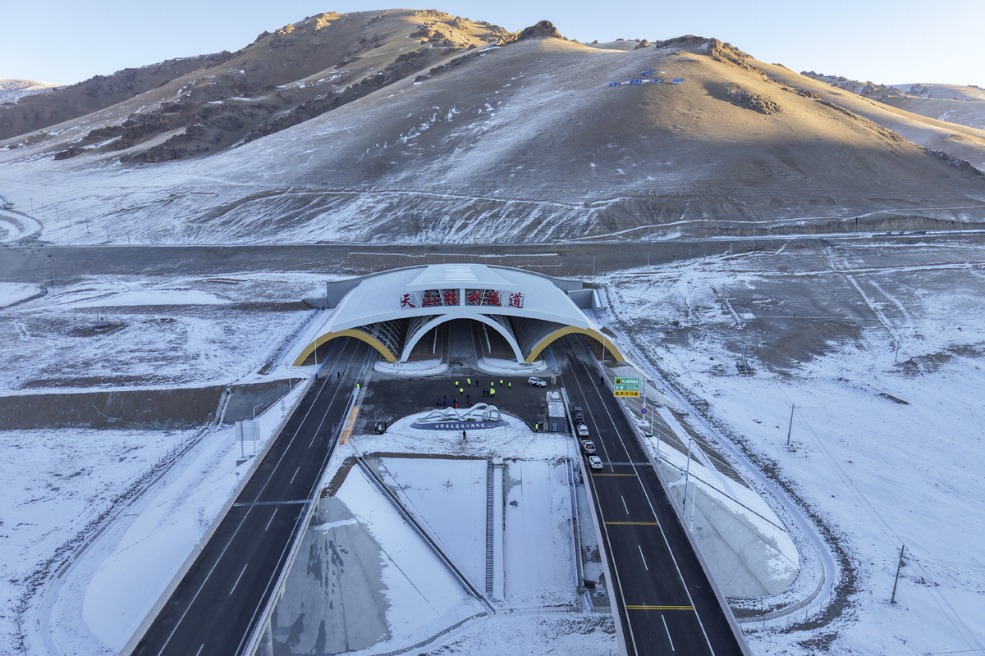Public interest is top principle in rule of law

Ho Lok-sang points out that leaving disused industrial buildings idle simply because of outdated land leases does not benefit anyone
I used to teach a course on Economics of the Law as part of the social and public policy program at the university. A core principle that I would like my students to learn is that the public interest is the raison d'etre of the law. Every ordinance, every law, every ruling, every legal procedure, has to be justified by its contribution to the public interest. Nothing is intrinsically legal; nothing is intrinsically illegal. Something that has been legal before may be justifiably made illegal today; and the corollary is equally true. The justification must be that the change better serves the public interest.
I understand that this principle does not always square with the legal practice. But the advantage of me is that I was not trained in the legal profession, and am therefore able to look at the matter from another perspective. I was happy to see that quite a few honorable judges had referred to the public interest and had actually applied the principles of cost-benefit analysis in arriving at their judgments. The most famous case is United States v Carroll Towing Co, in which judge Learned Hand decided that if the cost of taking precaution is greater than the expected social benefit, no breach of duty of care is deemed even if harm is done.

In practice, many laws fall behind social, economic and technological changes. A change of these laws would better serve the public interest but because of inertia, failure to appreciate the social cost of the status quo, lack of political will, and other reasons, the desirable changes just take forever to happen.
The terms of the land lease for industrial buildings are a case in point. Hong Kong today still has a large stock of industrial buildings which used to house manufacturing activities. But manufacturing activities have dwindled to a tiny fraction of what they were three decades ago. In 1980, manufacturing accounted for 23.7 percent of Hong Kong's GDP. In 2015, this had fallen to 1.2 percent. But the industrial buildings are still with us. If the terms of the lease are to be followed to the letter, most industrial buildings would be empty and that would constitute a glaring waste of valuable resources.

In view of this the government in 2009 proposed to "revitalize" our industrial buildings by redevelopment and wholesale conversion of older industrial buildings. According to the government website, "These revitalization measures came into effect on April 1, 2010. They aim at providing more floor space for suitable uses to meet Hong Kong's changing social and economic needs." Following a mid-term review, several refinements to the measures were introduced to ease the difficulties that might arise in the process of application, and applications were accepted through March 31 last year.
One key difficulty is that if there are many owners in an industrial building, conversion may be held back by the inability of getting enough number of owners to agree to taking up the cost of the redevelopment. A question that immediately arises is whether an owner should be allowed to refurbish the flat so that it passes an acceptable threshold of safety requirement for a proposed alternative use.
Actually, well before the government proposed the policy of revitalizing industrial buildings, these buildings had been put into all kinds of non-industrial uses, notably as a venue where artists practice and display their artwork, music, dance or theatrical talents. Many industrial flats were used as offices or warehouses or meeting places for community functions. Most of these uses would constitute a breach of the land lease but they were tolerated. The tenants were therefore able to enjoy relatively low rent and they thrived in a "golden decade" which was unfortunately cut short by the revitalization policy, which pushed up the rents that artists and other community users had to pay.
Tolerating a breach of the land lease indefinitely undermines the rule of law and is not advisable. However, keeping the law as it is and enforcing it to the letter would leave many industrial buildings empty and is also not advisable either. A natural question is why not change the law and allow unit-based conversions on conditions that the owners take the precautionary measures that the Fire Services Department and Buildings Department recommend? The Chief Executive said that the safety of visitors to industrial buildings must be a priority. He is right. But safety is always relative. This discussion brings up the case of independent music venue Hidden Agenda that was raided by police, hygiene and land officials. According to reports, Hidden Agenda had moved from one place to another several times, and still could not find a lawful venue. If it was willing to bear all these costs of relocation, surely it would be happy to bear the costs of the necessary conversions to make the venue relatively safe. The government would do a better job ensuring that industrial flats are safe for non-industrial uses than banning all such uses.
(HK Edition 05/31/2017 page8)
Today's Top News
- Militarism revival efforts criticized
- Leadership highlights Party conduct
- Forging a human-centered future in era of smart machines
- Land-sea trade corridor key to regional progress
- Local rules to be reviewed to help disabled
- Stronger RMB points to resilience






























